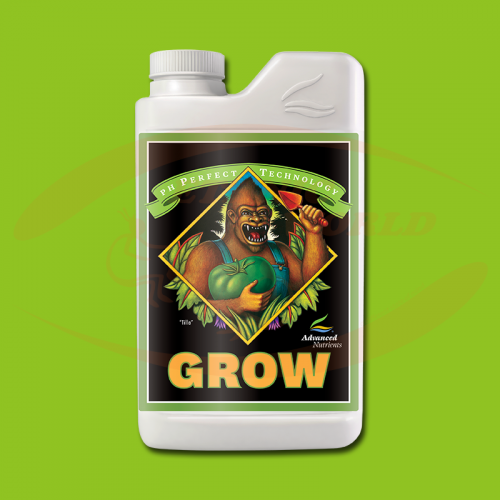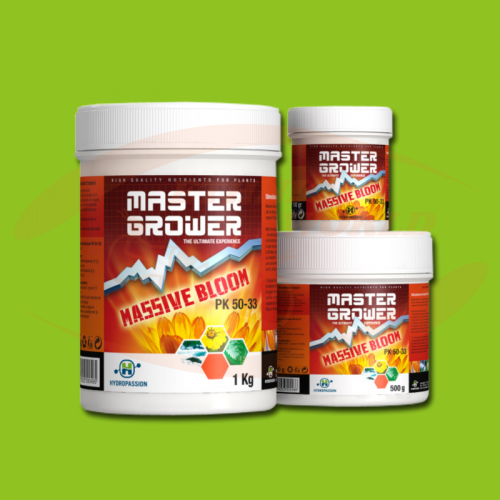
NPK stands for nitrogen, phosphorus and potassium. These three elements are often found in commercial fertilisers and are essential for plant growth.
What is NPK fertiliser?
NPK fertiliser is a type of fertiliser that contains nitrogen, phosphorus and potassium. It is commonly used in agriculture, but can also be used for lawns and gardens.
The NPK ratio refers to the amount of each nutrient contained in the product. For example, if you want to use a fertiliser for your lawn and you see that the product has an NPK ratio of 10-10-10, you know that this particular brand will provide enough nutrients for your lawn to grow properly without overfeeding it.
Why are NPK fertilisers so important?
Fertilisers are essential for plant growth. They provide the nutrients plants need to thrive and grow.
Fertilisers are used in agriculture, horticulture and landscaping. They are also used in aquaculture and livestock farming.
What do the numbers and letters on a bag/bottle of fertiliser mean?
The numbers on a bag/bottle of fertiliser represent nitrogen, phosphorus and potassium. The first number corresponds to the percentage of nitrogen in your fertiliser, the second to the percentage of phosphorus and the third to potassium.
The proportion of NPK you need depends on the type of plants you grow and the amount of sunlight they receive each day. For example, if you have a houseplant that receives little natural light but needs nutrients to thrive, a mix containing more phosphorus will suit it better. On the other hand, if you grow outdoor plants that benefit from a lot of sunshine throughout their growing season (such as tomatoes or maize), a fertiliser containing more nitrogen will be appropriate to meet the needs of these crops at different stages of their life (young or adult).
What you need to know about NPK fertilisers :
So, what have you learned? You can now identify the three main components of NPK fertiliser and understand how they work.
You may be wondering how you can use this information in your everyday life. Here are a few tips:
- If your soil is deficient in nitrogen, apply an organic source such as fish emulsion or manure. This will increase the amount of nitrogen available in your soil without harming its chemical composition.
- When planning a new planting, consider using a nitrogen-rich fertiliser on the seeds or seedlings before transplanting them to their permanent location. This will encourage rapid growth and strengthen their resistance so that they can better withstand the shocks caused by climate change and pests, and compete with neighbouring plants for resources such as water and sun exposure as they mature!
Conclusion
NPK fertiliser is one of the most important and vital elements in plant growth. Not only does it provide the essential nutrients plants need to thrive, it also helps them grow faster and produce more fruit or flowers. We hope this article has helped you understand what NPK means and why it's so important for your garden!





















